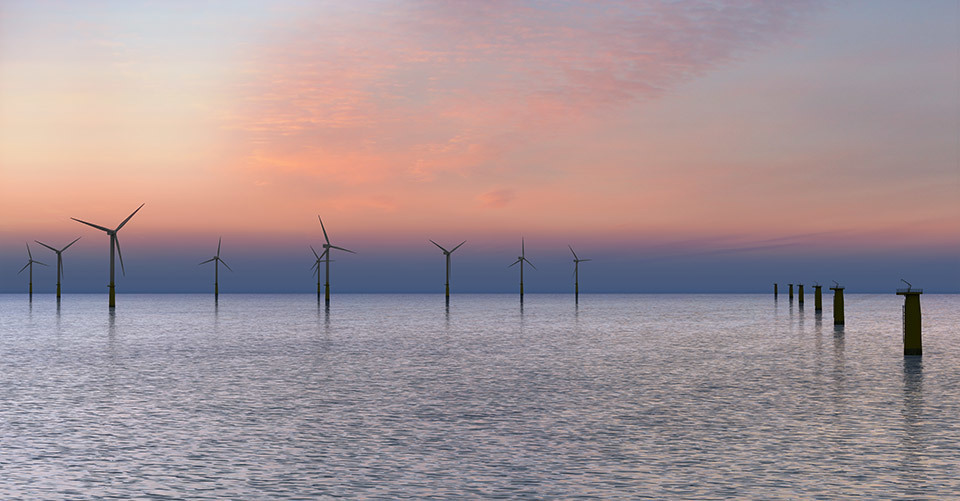
As well as confirming that the vertically integrated UK energy utility model has much in common with the dodo, the Iberdrola sale of generating assets to Drax suggests that different perceptions of merchant power value are now a key strategic differentiator between energy companies.
READ: ScottishPower switches to 100% wind generation following £702m asset sale.
Subject to shareholder approval, Drax has agreed to pay Iberdrola £702 million for a package of gas and hydro generation in the UK. As a result of this, ScottishPower, the UK subsidiary of Iberdrola, is able to claim that its generation is 100% wind (the claim is caveated with the recognition that ScottishPower will still rely on buying fossil-fuel based generation in order to supply electricity to its customers). There are some clear potential benefits to both companies:
- ScottishPower gets marketing mileage out of the 100% wind generation portfolio and a sharp strategic focus on an increasingly cost competitive and growing part of UK power generation. There will also presumably be cost savings from no longer needing to provide technical support to the wider range of power plant types.
- Drax will be able to leverage engineering and trading capabilities across a wider portfolio of plant and has a more diverse and flexible generation fleet after the 2025 closure date for UK coal-fired power generation.
Although the 100% wind portfolio has marketing benefits, it seems unlikely to be the primary strategic driver of the Iberdrola asset sale. Fossil-fuelled generation, particularly gas-fired generation, is not against the Iberdrola corporate philosophy – between 2018 and 2020 Iberdrola will bring online 3,500 MW of gas-fired CCGT in Mexico. Instead, a dislike of assets exposed to merchant power markets appears to be the primary motivation. The 2018-2022 strategy for Iberdrola emphasizes the implementation of ‘an investment plan focused on growth in the business of regulated networks, renewables and long-term contracted generation’. The gas-fired capacity in Mexico will have long term contracts.
The rapid growth in intermittent renewable generation has disrupted merchant electricity markets around Europe. Non-renewable generators have seen operating hours reduced and revenue streams from the sale of electricity on the wholesale markets depressed. However, the complex physical reality of electricity systems means that as the level of controllable generation in operation has fallen, grid operators have had to contract for an additional mix of services from power generators in order to maintain system stability. The future value of system support services is subject to a considerable amount of uncertainty as factors such as flexible demand patterns from customers and complex charging arrangements for use of the electricity networks play out, however customers place a high value on stable electricity supplies.
ScottishPower has made the lower risk bet. But if Drax can navigate through the future market maze, the rewards could be high.
The views and opinions expressed in this article are those of the author and do not necessarily reflect the opinions, position, or policy of Berkeley Research Group, LLC or its other employees and affiliates.
Recommended for you
